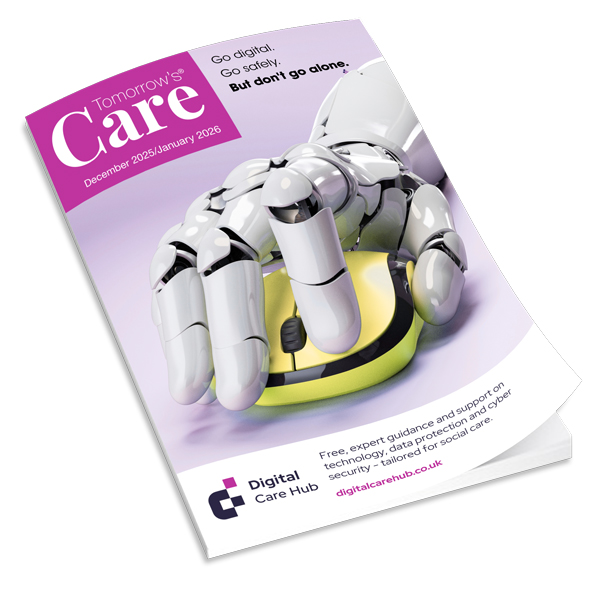A new report from the International Longevity Centre – UK (ILC-UK) has found that residential housing with flexible care provision (extra care) can help to reduce feelings of loneliness and isolation among older residents.
The report, funded by Audley Retirement and Bupa, surveyed residents of retirement villages on quality of life and used a statistical technique to compare the results with a group living in the community.
The research revealed that village living can promote greater independence and provide greater choice in planning for later life than would otherwise be available. The research shows that the communal environment has the potential to reduce social isolation, particularly for residents who move from rural or remote homes.
The average person in a retirement village experiences half the amount of loneliness (12.17%) than those in the community (22.83%). Nearly two thirds of respondents living in retirement villages (64.2%) could be classified as not at all lonely, and over four out of five (81.7%) said they hardly ever or never felt isolated. Over half (54.7%) often felt in tune with those around them, and nearly four in five (79.1%) hardly ever or never felt left out.
People living in this type of accommodation also reported a strong sense of control over their daily lives, nearly 10% higher than those living in the community. Control is a crucial component of quality of life measurement. They also felt secure in their homes, with 97% of respondents agreeing that they felt safe where they lived. Both of these findings were assessed using recognised quality of life measures.
Baroness Sally Greengross, chief executive of ILC-UK commented: “New and innovative models for providing social care are crucial to address rising costs for care in an aging society. But we simply aren’t building enough aspirational housing for old age. The government must ensure that planning supports the development and promotion of alternative models of housing with care.”





















